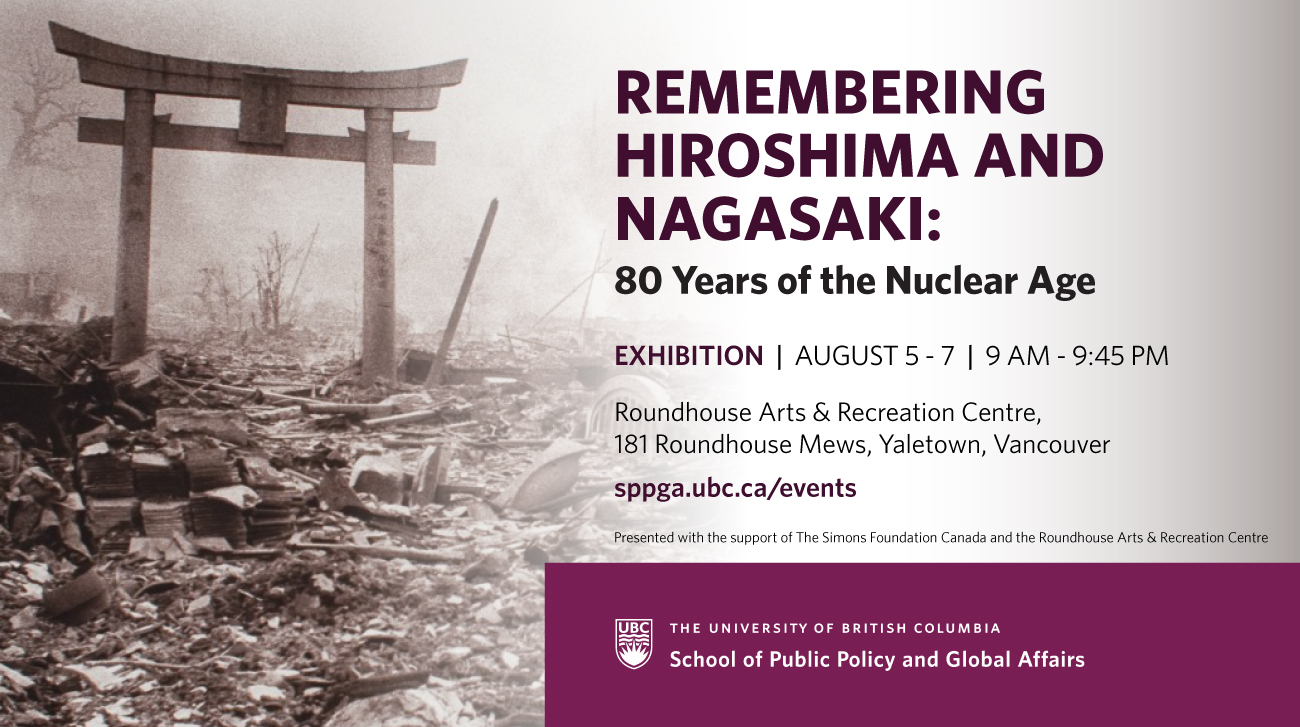Abstract
Through a close reading of Japanese public works projects in precolonial and colonial Korea — focusing on railway construction and street improvement projects — this talk maps the intersection of imperialism and the environment. In the name of “development,” Japanese colonial engineers and urban planners set to work reshaping Korea’s physical landscapes through public works projects: laying railways, restoring rural highways, improving rivers, constructing ports, burying water systems, and paving urban streets. Engineered with projects designed to solidify claims to territory, reify discourses of colonial modernization, and project cultural superiority, Japanese colonial rule in Korea was built as much on the domination of colonial environments as it was on the control of colonial populations.
About the Speaker
Tristan R. Grunow is Assistant Professor without Review in the History Department at UBC. Previously, he was Postdoctoral Fellow at the Reischauer Institute of Japanese Studies at Harvard University. He is currently completing a book manuscript entitled Empire by Design: Tokyo and the Building of Japanese Modernity that charts the respacing of the built environment of Tokyo under the process of Japanese state-formation and empire-building. This talk builds from his recent publication, “Paving Power: Western Urban Planning and Imperial Space from the Streets of Meiji Tokyo to Colonial Seoul” published in the Journal of Urban History.
Event Poster

